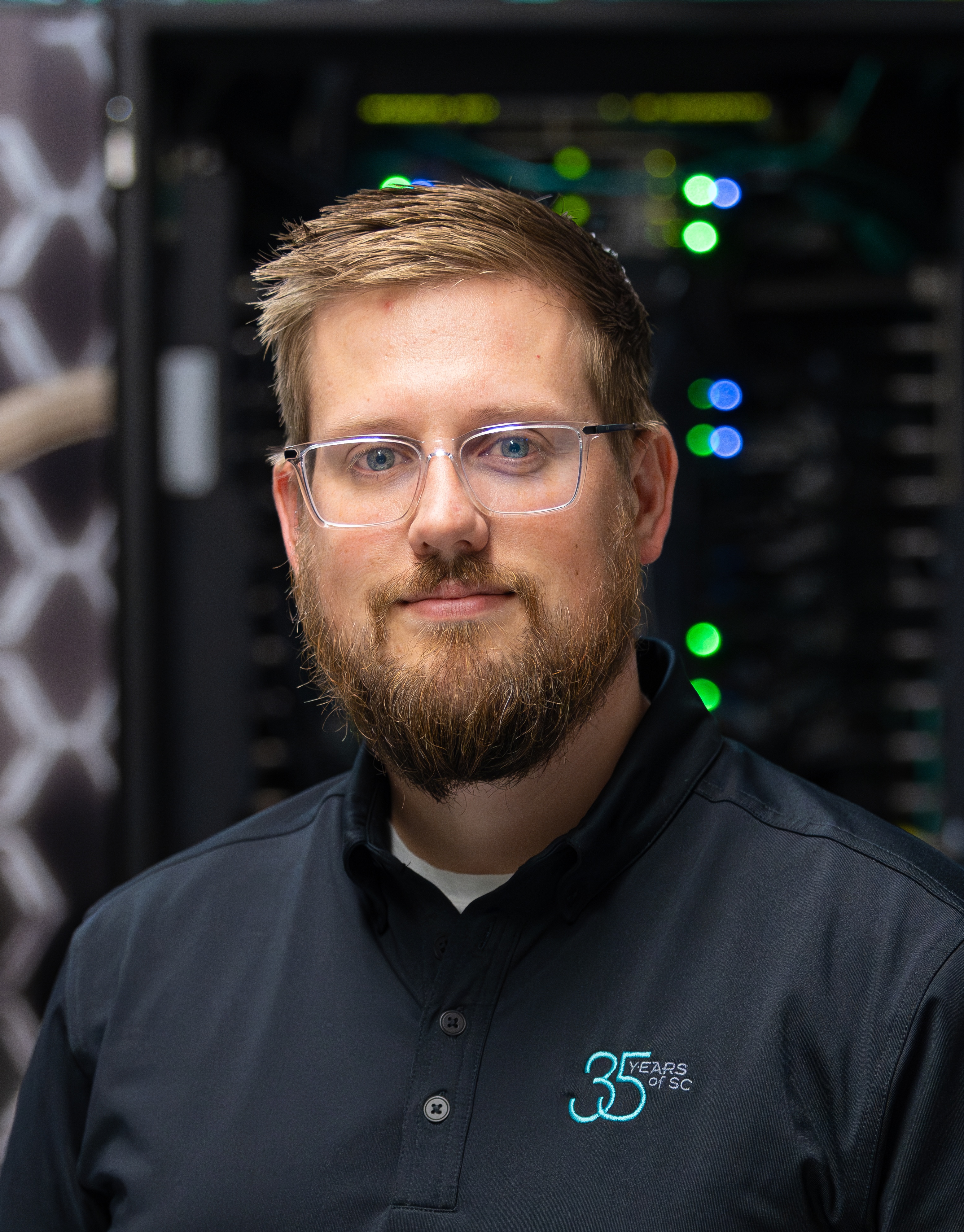Sponsored by

SyDAgHackathon
Building the future of user-friendly digital agriculture
What is this Hackathon?
A 48-hour innovation sprint where teams tackle real agricultural challenges. Choose from five case studies and build solutions that make digital agriculture more accessible and farmer-friendly.
Who Can Join
Students, researchers, professionals, or enthusiasts from any background. All skill levels welcome!
The Challenge
“How to make digital agriculture more user-friendly and adaptable to farmers?”
Event Schedule
Key dates and weekend agenda
Competition Flow
Teams work throughout the weekend to develop innovative agricultural technology solutions. On Sunday afternoon, all teams present their solutions to judges in a preselection round. Selected teams then advance to Monday's final pitch competition at the symposium, where they compete for prizes and are ranked by expert judges.
Saturday, October 18th
Sunday, October 19th
Prizes & Rewards
Compete for cash prizes and exclusive opportunities
1st Place
$1000
2nd Place
$500
3rd Place
$300
Bonus Opportunities
How to Join
Ready to build the future? Here's how to get started
Register Online
Sign up before October 4th
Form Your Team
Up to 5 people or get matched by skills
Build Solutions
48 hours to create something amazing
Present & Win
Pitch your solution to judges
Resources Provided
Everything you need to build amazing solutions
RCAC Computing Resources
Advanced computing power for ML and data processing
Expert Mentorship
Guidance from industry and academic professionals throughout the event
Food & Refreshments
Meals and snacks to keep you energized
Collaborative Workspace
Modern facilities designed for team collaboration
*Don't forget to bring your own laptop!
Powered by RCAC & Anvil
The SyDAg Hackathon is supported by the Rosen Center for Advanced Computing (RCAC) at Purdue University, which offers state-of-the-art computational resources and expert services to empower researchers. As a hub of innovation, RCAC drives performance enhancements and infrastructure development to support data-intensive scientific discovery across disciplines.
The Anvil supercomputer, hosted by RCAC, represents Purdue's most powerful high-performance computing asset. Funded by the NSF and part of the ACCESS program, Anvil provides robust compute capabilities to tens of thousands of researchers nationwide, encouraging experiential learning and fostering future HPC professionals.
5.3 Petaflops Performance
1,000 Dell-AMD nodes with specialized large-memory and GPU partitions
ACCESS Allocation System
Credit-based access through NSF's nationwide HPC program
AI & ML Ready
NVIDIA A100 and H100 GPUs for machine learning workloads
Meet the Judges
Expert judges who will evaluate your innovative solutions and award prizes

Brent Trenhaile
judgeHead of Global Digital Product Development
Bayer Crop Science
Global Head of Digital Product Development at Bayer’s Crop Science Division, where he leads 20+ engineers and drives digital transformation through innovative solutions. With a PhD in Physics and 15+ years of experience, he has co-founded a health tech startup, held leadership roles at Nutrien and Agrible, and holds multiple patents for cutting-edge technologies. He specializes in turning data into actionable insights while building high-performing teams that deliver mobile and web applications using Agile methodologies and cloud computing.

Geoffrey Lentner
judgeData Science and HPC Specialist
RCAC, Purdue University
Data scientist and HPC expert with academic background in Astrophysics. Provides advanced user support on data science, data processing, and high-performance computing applications. Prolific builder of tools and automation, consulting with faculty and students on computational projects.

Tim Dixon
judgeManaging Director
DIAL Ventures, Purdue Applied Research Institute
Developed and deployed Purdue DIAL Ventures’ studio model, launching 10 software/SaaS companies in its first three years of operation. Experience as CEO and leading sales and technical teams for Fortune 500 and startups in Dallas, Silicon Valley, Washington DC, and Chicago, raising more than $300M in funding.